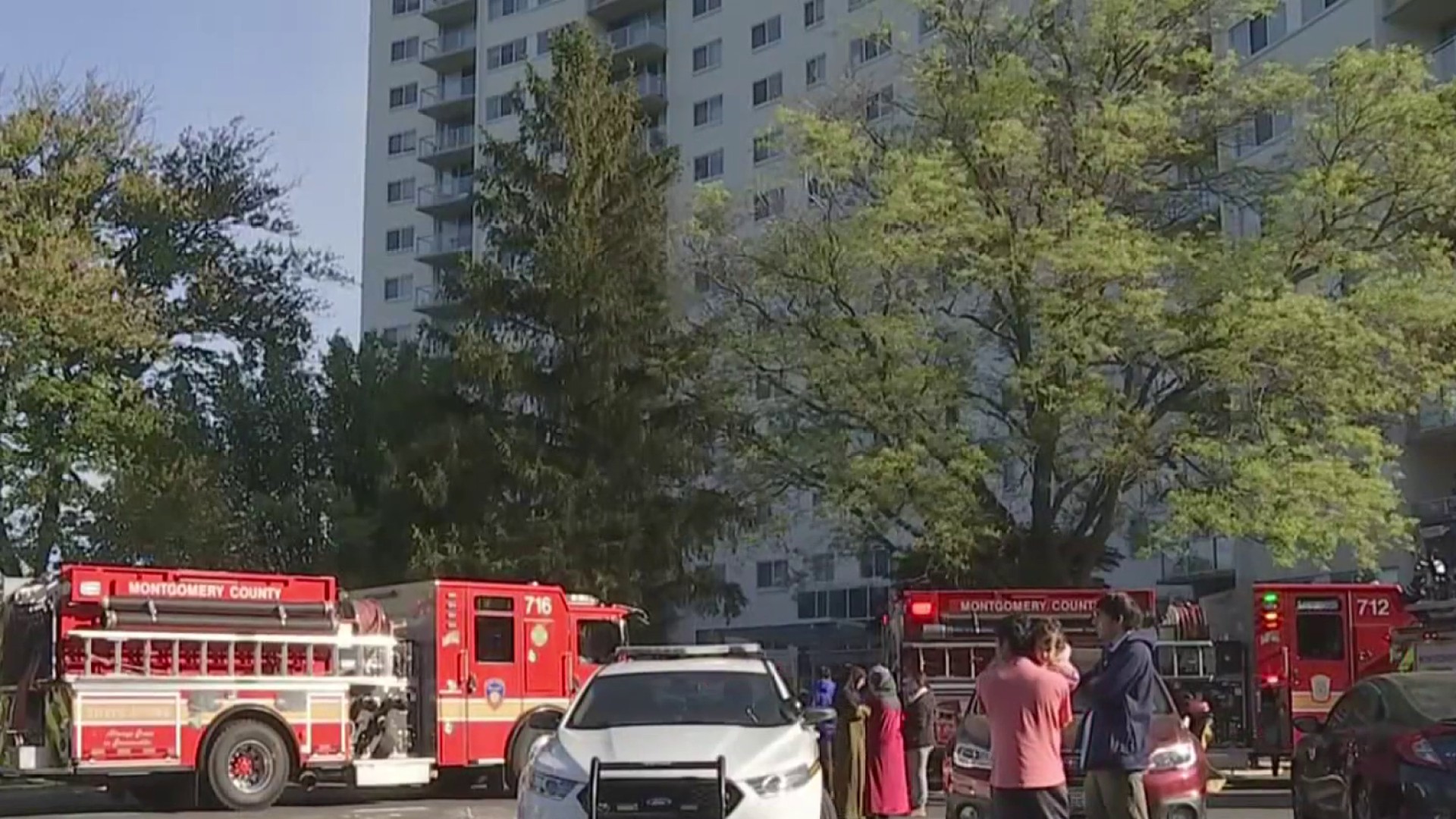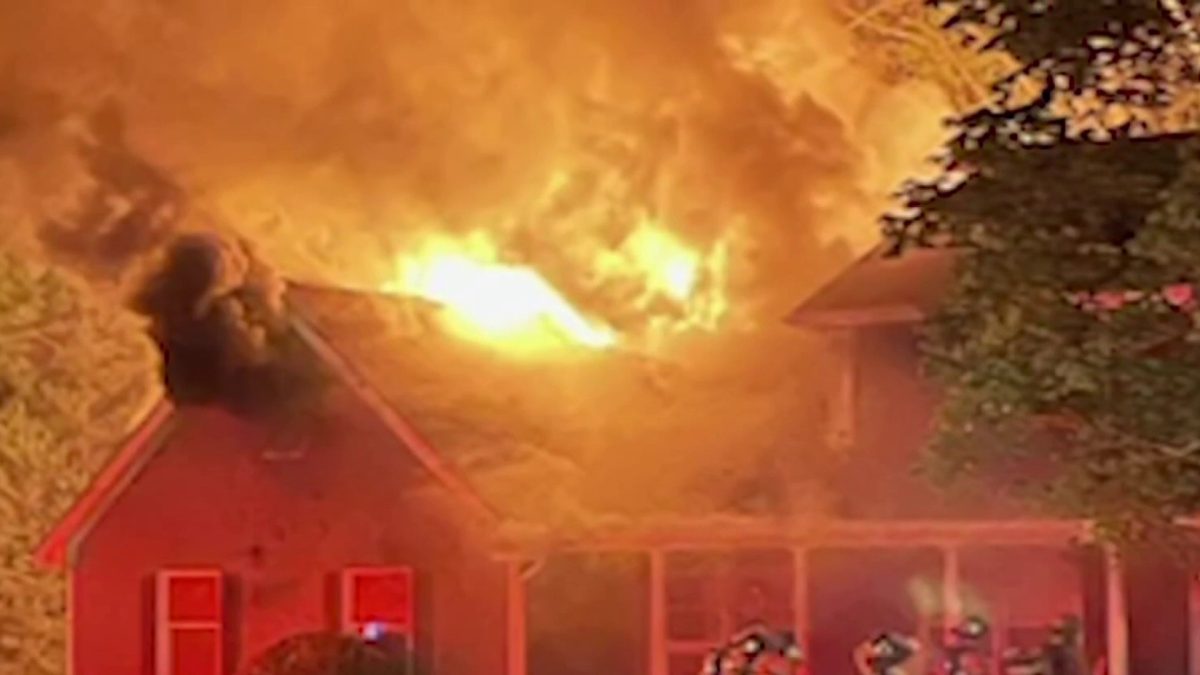Twenty-one years after the Sept. 11 terrorist attacks of 2001, Americans across the political spectrum share many of the same feelings when it comes to their memories and sentiments related to the attacks.
However, younger adults demonstrate less connection to the event — and the feelings of unity that many Americans felt following the attacks — than their older counterparts, according to a new poll by nonprofit More In Common and research firm YouGov.
The poll also found nuance in American attitudes related to patriotism, safety and Islamophobia following the 9/11 attacks. Fifty-seven percent of U.S. adults — including 72% of Democrats and 50% of all other Americans — said they associate the post-9/11 period with the mistreatment of Muslim Americans.
But 73% of adults — including large majorities of Democrats and Republicans — remember the era for American unity. An identical 63% of both Democrats and Republicans associate the era with American politicians working together.
We're making it easier for you to find stories that matter with our new newsletter — The 4Front. Sign up here and get news that is important for you to your inbox.
However, those numbers fall off precipitously for younger Americans. While more than half of seniors said "united" was one of the best descriptors of the United States after the 9/11 attacks, only 22% of millennials and 21% of Gen Z adults chose that word.
Also Read: The Man Who Told the President ‘America Is Under Attack' on 9/11 Tells His Story
When asked if 9/11 changed their lives, 56% of respondents — including 60% of Democrats and 63% of Republicans — answered yes.
News
News updates for Washington, D.C., Maryland and Virginia
Fifty-nine percent of millennials, who were between the ages of 5 and 20 in 2001, answered yes — a rate higher than Gen Z (37%), Gen X (54%) and the Silent Generation (56%). Only Baby Boomers (61%) were more likely to say the event changed their lives.
"Never Forget"
When asked what Americans are supposed to “never forget” about 9/11, clear majorities of Republicans and Democrats mentioned the victims and their families and the sacrifices of first responders.
However, the rates of response were much lower for millennials and Gen Z adults, who were less likely to choose victims or first responders — and much more likely to answer "I don’t know."
“9/11 remains one of the most significant events many Americans have experienced,” said Dan Vallone, director for More in Common USA. “But it is receding into history for younger Americans.
“We need to involve younger Americans more in the process of creating memories and lessons from 9/11. If we want to try and build stronger shared memories of the attacks and what we should learn from them, it will not be enough to tell younger Americans about that period, from the vantage point of older Americans,” he said.
This year’s anniversary of the attacks comes just a few weeks after one of the 9/11 museums in Lower Manhattan closed its doors for good. The National September 11 Memorial & Museum remains open a few blocks away, underground at Ground Zero.
New Yorkers Remember 'Strength' and 'Resiliency'
Approximately 1-in-2 New Yorkers say that “Never Forget” also means Americans should remember the resilience of New York City and its residents (compared to only 34% of Americans in general feeling this way).
New York City residents were also more likely than average to say the post-9/11 era was defined by unity, strength and resiliency. But New Yorkers were also more likely to say the era was defined by mistreatment of Americans of Middle Eastern/South Asian descent; and less likely than average to say the era was defined by “anger” or “patriotism.”
However, 54% of New Yorkers say the country is safer today from foreign terrorism than it was before the attacks — 10 full points higher than the national average of 45%.
Muslim Americans Proud to Be American, But More Likely to Experience Prejudice
In addition to a majority of Americans remembering Islamophobia in the period following 9/11, Muslim Americans were almost as likely to say mistreatment of Muslim Americans (71%) defined the era than any other characteristic, including heightened security (75%), fear of terrorism (72%) and American unity (63%).
Sixty-eight percent of Muslim Americans also responded they were “proud to be an American,” in line with the responses from Hispanic Americans and Americans of the millennial generation.
Asian Americans (62%) and Gen Z adults (56%) were less likely to say they were proud to be American, while white Americans (80%), Baby Boomers (86%), the Silent Generation (93%) and Republicans (95%) were more likely to say they were proud. The national average was 76%.
“It is hard for many Americans to remember the way Americans came together after 9/11 if they do not feel a sense of belonging today,” Vallone said. “We should do more to address the underlying lack of belonging that many Americans, especially younger Americans of all races, Black Americans and Asian Americans feel [by putting] more resources and effort towards work that builds connections within and across communities.”
The More in Common/YouGov survey polled 1,000 U.S. adults between Aug. 12 and Aug. 24, with an additional 200 New York City residents and 200 Muslim Americans. The margin of error is +/- 3.1 for the U.S. average and +/- 8.5 for the Muslim American data and +/- 7.0 for the New York City resident data.
Noah Pransky is LX News’ National Political Editor, covering Washington and state politics, with a special focus on young voters. His political and investigative work has been honored with national Murrow, Polk, duPont, and Cronkite awards, and you can contact him confidentially at noah.pransky@nbcuni.com, or on Facebook, Instagram or Twitter.



